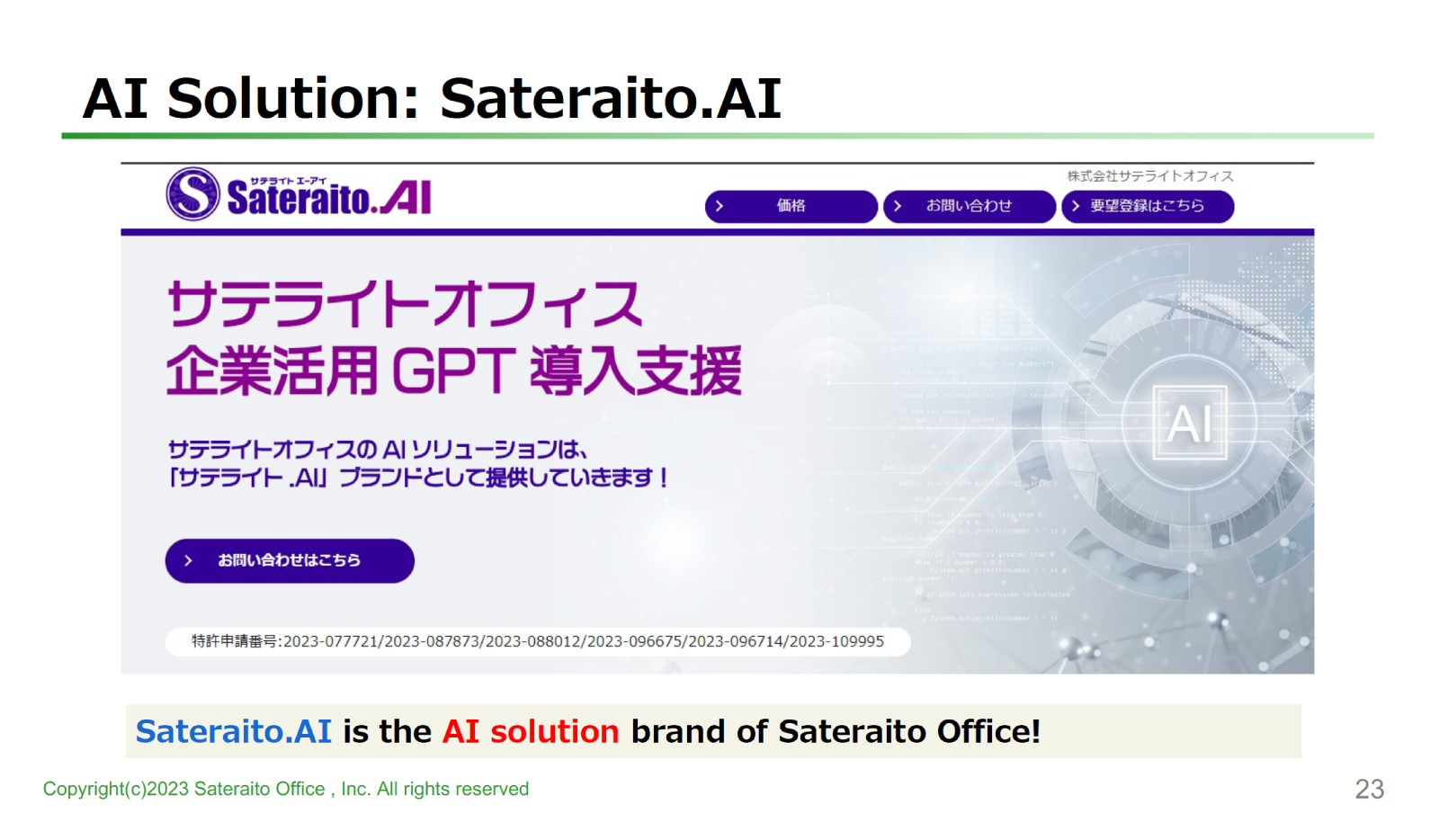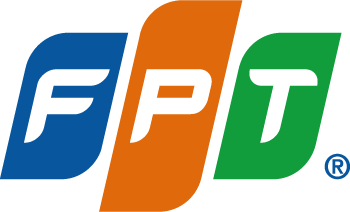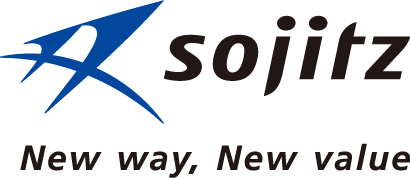

Review

Sateraito Office
Efforts to Grow its Education Business in Vietnam
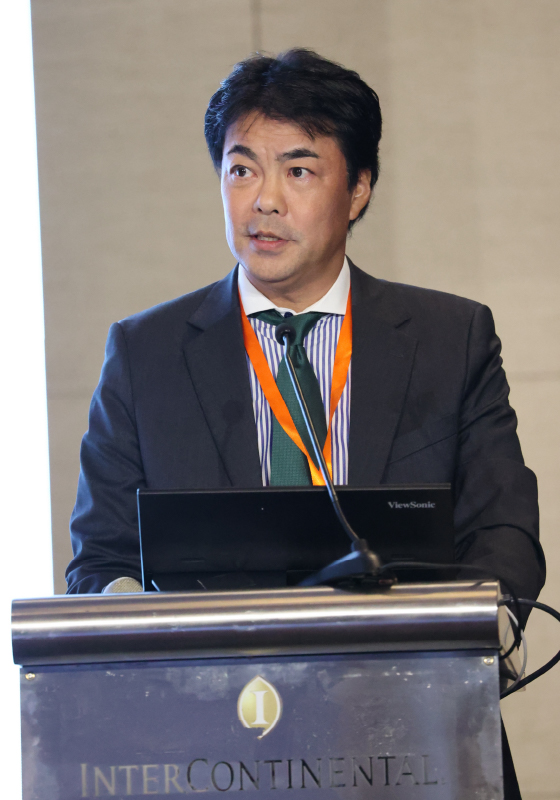
General Director, Sateraito Office Vietnam, Director of Sateraito Office Inc.
Hiratsuka remembers that when Sateraito Office was established in 1998, cloud computing services were not yet available, so working in satellite offices was not practicable. “We wanted to make it practicable, which is why we chose ‘Sateraito Office’ as our company name.”
The company currently develops and sells its own cloud applications, as well as add-on solutions for Google Workspace and for Microsoft 365, two popular packages of cloud-based collaboration and productivity tools. It has developed more than 20 applications in-house, for workflow, internal bulletin boards, security enhancement tools, and other functions. In total, there are over 65,000 corporate users of Sateraito Office products in Japan.
Vietnam offers corporate tax incentives and abundant human resources
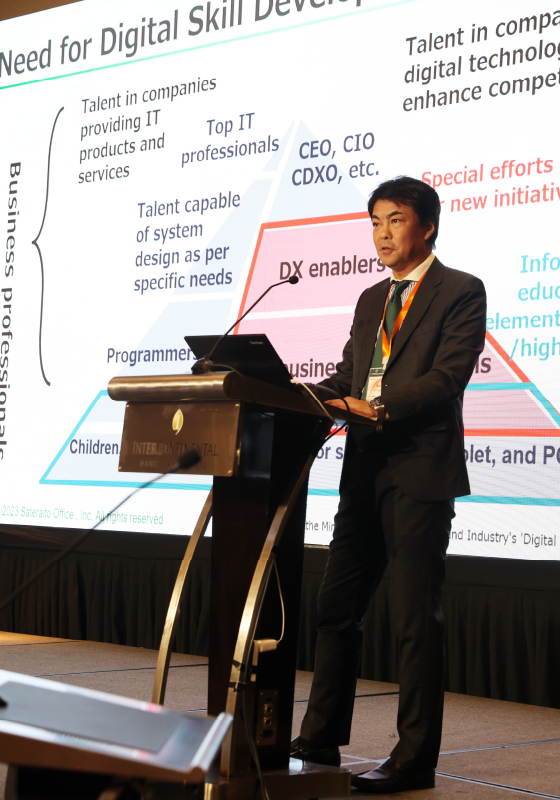
There were three main reasons behind the company’s decision to start doing business in Vietnam in 2012. First of all, there is the preferential corporate tax rate for information technology companies. The tax rate is 0% for four years after launch, 5% for the next nine years, and 10% for two more years.
Secondly, Vietnam offers an abundance of outstanding system engineers, making hiring easy. The third reason is location. Ho Chi Minh City, where Sateraito Office set up its local subsidiary, is right at the geographical center of Southeast Asia. “We saw this as a great base for venturing into other parts of Southeast Asia,” said Hiratsuka.
In 2012, the company hired Hoa, who is now the leader of Ho Chi Minh City, establishing Sateraito Office Vietnam the following year, in 2013. In 2017, the company bought CodeLovers Vietnam, a local software development company serving international clients, making it a subsidiary. In 2020, it opened a Hanoi office. Presently, it employs a total of 84 system engineers in Vietnam.
Commenting on the state of IT in Vietnam, Hiratsuka pointed out, “Even today, we’re not seeing any significant shift to cloud computing.” There are three main reasons for this, he believes.
The first one is a lack of mature infrastructure. The second is security concerns; people feel unsure about the safety of entrusting their data to someone else. And the third factor is cost, which according to Hiratsuka is the most significant. He explained that the price of Google Workspace is the same all over the world, but this is still too expensive for most Vietnamese people.
Taking advantage of free tools offered by Google
To solve these problems and support IT development in Vietnam, Sateraito Office is focusing on the education business. Hiratsuka said: “Like Japan, Vietnam needs more tech professionals to support digital transformation (DX). One important factor for achieving this goal is computer education at the elementary, junior high, and high school levels.”
Two challenges that need to be overcome are the low computer literacy of teachers, and the risk that problems may occur when children use IT tools. “We thought that we could solve both of these problems by using the latest cloud services and setting rules,” Hiratsuka reveals.
Google Workspace for Education, a free service that Google offers to educational institutions, was seen as an ideal tool for this purpose. The idea was to combine this service with Chromebooks (notebook computers that can be adopted inexpensively) and offer them to both teachers and students.
Sateraito Office is one of the top three sellers of Google Workspace in Japan, selling over 10,000 Chromebooks as well. The company has also provided a package of 1,200 Chromebooks with Google Workspace for Education to Aoyama Gakuin Yokohama Eiwa Junior High School and Senior High School in Kanagawa Prefecture (Japan). It even offers free consultations for school staff struggling with digital technology.
Hiratsuka hopes that this Japanese experience can be leveraged to develop the same kind of business in Vietnam.
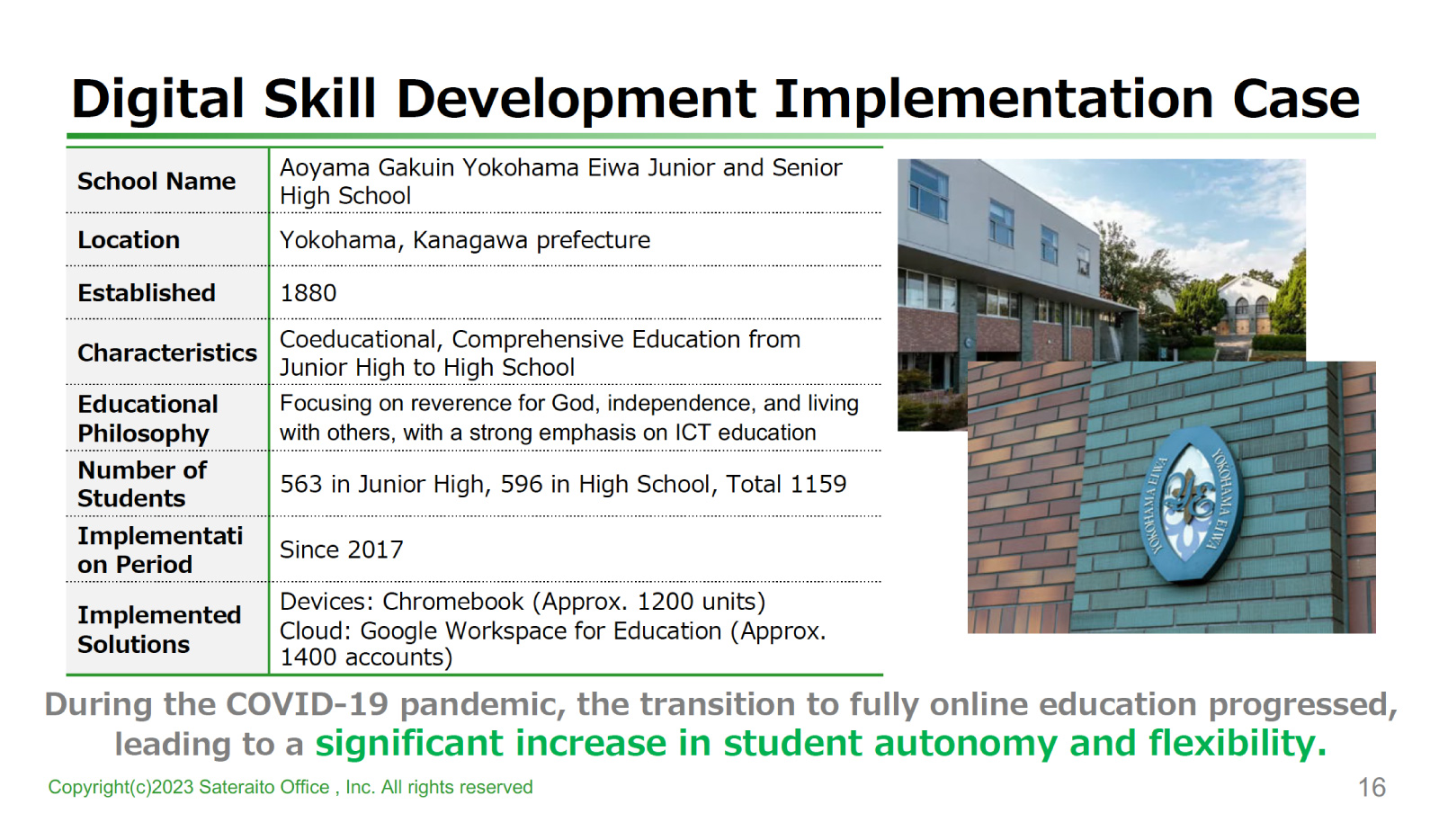
Setting up a new brand to enable safe use of AI
Hiratsuka also explained Sateraito.AI, a new AI solutions brand that Sateraito Office launched in May 2023. The company is rolling out the brand only in Japan for now, but it hopes to introduce it in Vietnam in the future.
On the topic of the current widespread use of chatbots, Hiratsuka pointed out that “although the ability to automate tasks that were previously done by humans is convenient, it is accompanied by risk.”
Hiratsuka mentioned two risks of using AI; the leaking of personal information, and the leaking of know-how. He added: “There are three rules for using AI safely: don’t allow the AI to learn; don’t allow AI to input confidential information; and don’t allow AI to erase communications.”
Sateraito.AI is developing easy-to-use services that hold strictly to these three rules. The new brand has attracted a lot of interest. An online seminar on Sateraito.AI in November 2023 drew over 5,000 applications.
